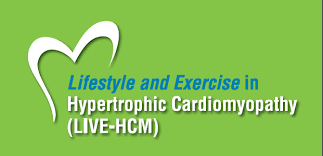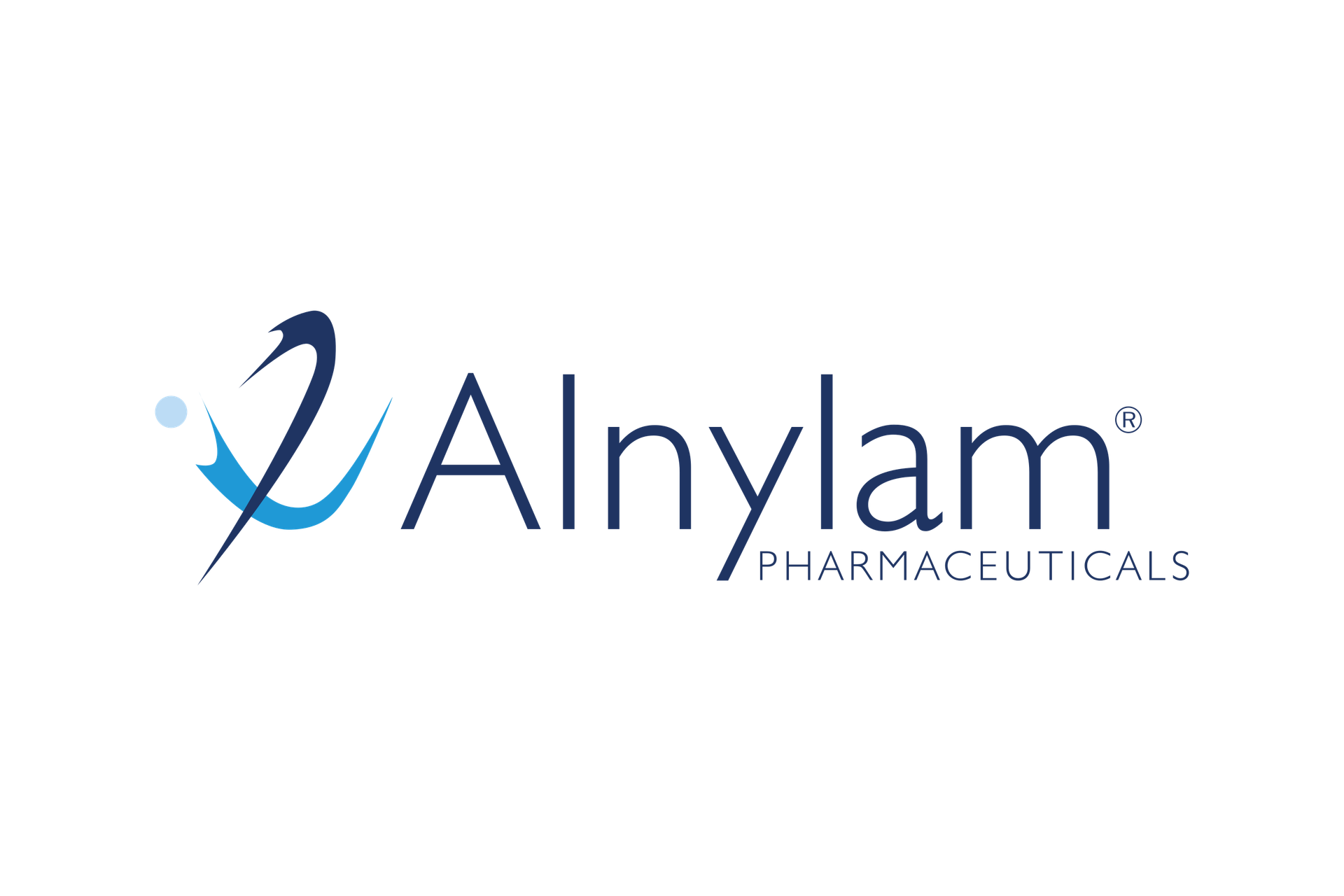
There is finally more clarity about exercise for HCM patients. Some doctors say, “Don’t do anything physical,” and others say, “Do whatever you want.” We can likely agree on one thing – they’re both wrong, and the best advice is somewhere in the middle.
A recent study of the exercise habits of over 1500 HCM patients has shed additional light on this important topic. You can hear about the research findings and recommendations for yourself. Lisa Salberg, Dr. Rachel Lampert, and Dr. Sharlene Day discussed the study and its implications for HCM patients during a webinar on May 30th, which you watch now.
Highlights of the study:
In summary, 1660 people enrolled, of which 42% exercised vigorously. The rest of the patients either exercised moderately or were less active. Less than 5% of the total group experienced one serious cardiac event (cardiac arrest, appropriate ICD shock, syncope, or death).
Those exercising vigorously did not have a higher rate, with 4.7% of the vigorous group and 4.6% of the non-vigorous experiencing one of these events.
Participants were, in general, seeing HCM experts while participating in the study.
If you are considering changing your exercise activities, touch base with your HCM care team. You must work with experienced HCM doctors such as HCMA’s Recognized Centers of Excellence.
Fast Facts About Exercising When You Have HCM:
- For most patients, HCM will not interfere too much with their lifestyle.
- HCM patients should not lead a sedentary lifestyle.
- Walking, bicycling, and lap swimming are generally acceptable forms of exercise. If swimming, be sure there is a lifeguard or have a buddy.
- Those with symptoms should not overexert themselves.
- Listen to your body and slow down or stop if your symptoms increase.
- When exercising, avoid being in extreme temperatures and stay hydrated.
- If you want to join a gym, be familiar with the laws in your state.
- Are gyms required to have automated external defibrillators (AEDs)?
- Work with your HCM specialist to find the best activity level for you.
If you have questions about talking with your doctor regarding an exercise routine, Linda or Sabrina can assist you. Don’t hesitate to contact the HCMA with any other questions regarding your exercise plan or the resources available.
The post LIVE-HCM: Lifestyle and Exercise appeared first on Hypertrophic Cardiomyopathy Association.
HCMA Blog


 Translate
Translate